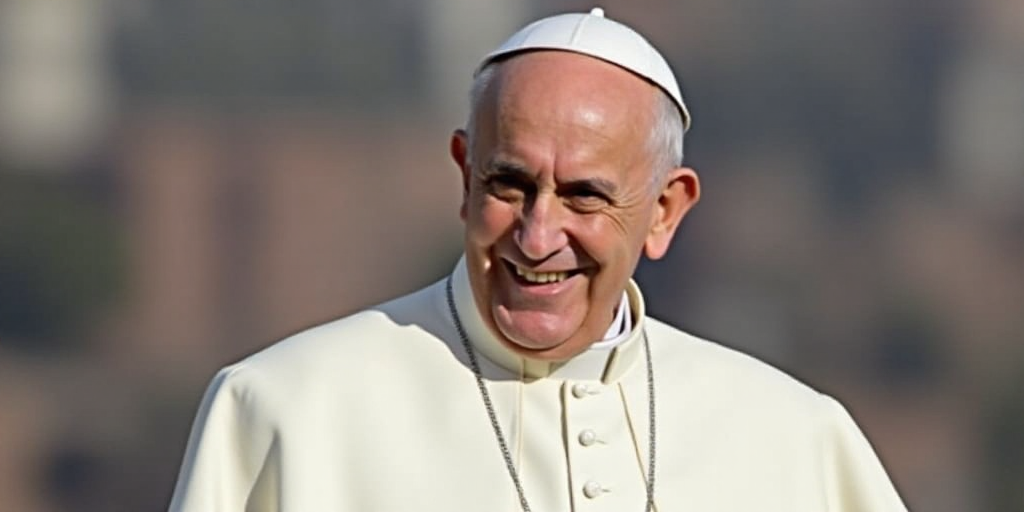Experts and Clergy Agree on Universal, Dialogue-Open, Peace-Promoting Leader
As Pope Francis prepares for his final days within the Basilica of Saint Mary Major in Rome, Italy, and protocol around his funeral concludes, the upcoming conclave—set to begin on May 7th—draws near for electing a new pope. The question arises: what qualities should the next leader of the Church embody? This complex query has no single answer, prompting various institutions and Catholic figures to analyze the ideal profile.
Luis González Villanueva’s Perspective
Luis González Villanueva, director of the International Studies Department at the Universidad Iberoamericana, warns that the world is currently divided and polarized. He emphasizes that whoever is elected in the Catholic Church’s conclave must follow Pope Francis’ example, as his teachings and ideas are referenced in international forums addressing global challenges.
Miguel Ángel Sánchez Carlos’s Viewpoint
Miguel Ángel Sánchez Carlos, from the Department of Religious Studies at the Ibero, stresses that the Church and the world need a leader with a global perspective. Such a person should be able to view the world from the margins, not just through the lens of central Europe, due to their own origins and experiences.
Traditionalists, Moderates, and Liberals
During an analysis exercise at the Universidad Panamericana, Father Mario Ángel Flores outlined three positions present among the cardinals participating in the conclave, echoing the stances found during the Second Vatican Council:
- Traditionalists: A minority group that does not fully accept the modernization of the 60-year-old council.
- Moderate Reformists: A slightly larger group of around 20 cardinals seeking changes in line with certain contemporary cultural expressions, sometimes conflicting with evangelical principles and Christian identity.
- Liberal Progressives: The largest group, comprising 80% of the cardinals, who are open to dialogue with the world and its culture without altering core Church doctrine.
Flores, a priest recognized for his theological and academic work in Mexico, explains that while there are tensions between these groups, no group would support a cardinal from another due to conflicting views. He adds that the majority of cardinals align with the spirit of the Second Vatican Council, focusing on transforming certain church attitudes rather than altering doctrine.
Following the Concilio Vaticano II
Flores, former rector of the Pontifical University of Mexico and member of the International Theological Commission, reiterates that the next pope must adhere to the guidelines and updates from the Second Vatican Council, as this process predates Pope Francis. He calls for simplicity, austerity, and witness as universal values rather than personal charisms.






